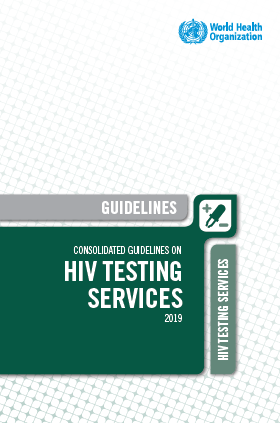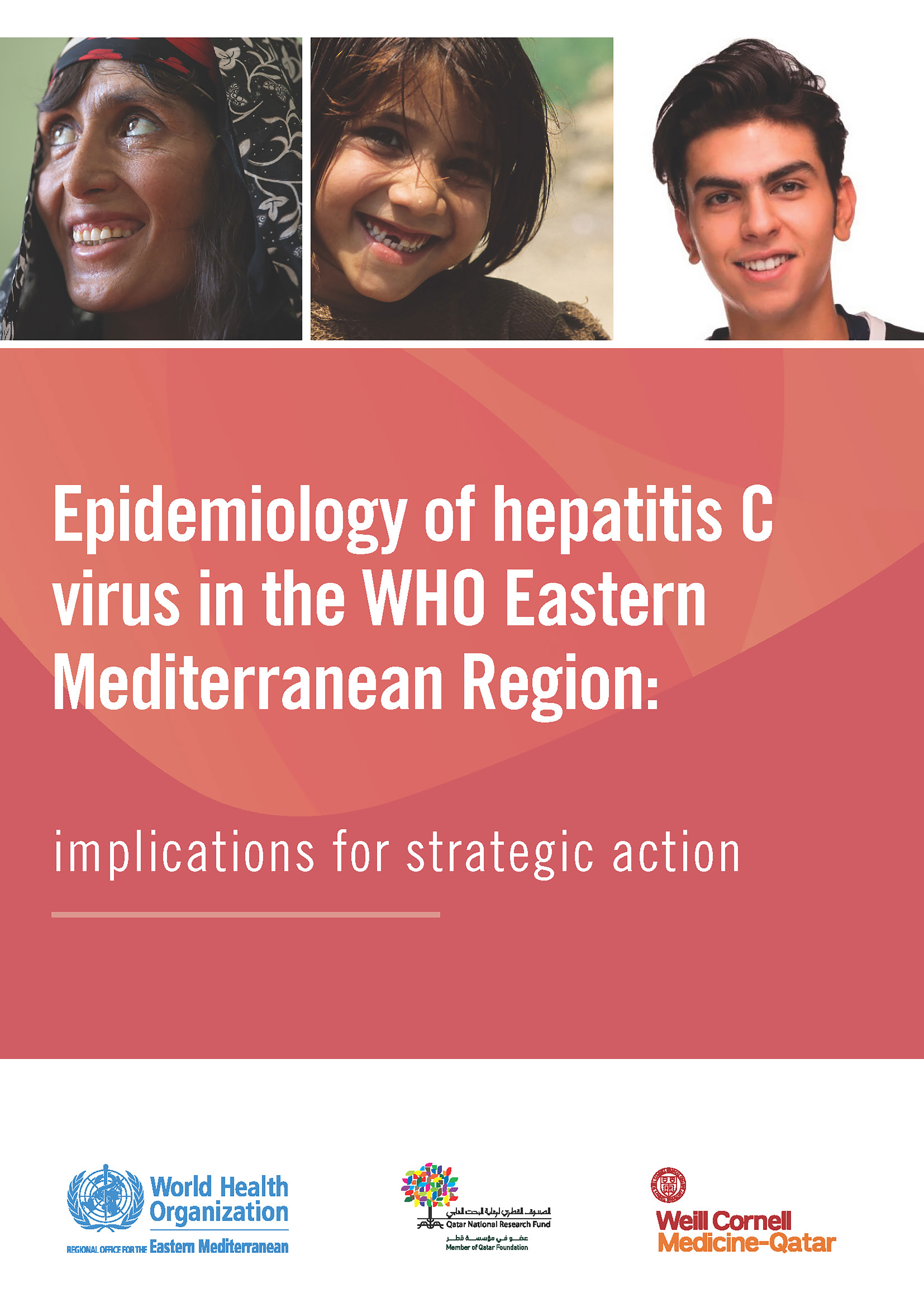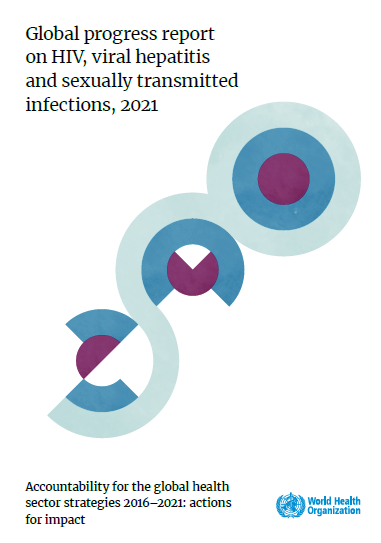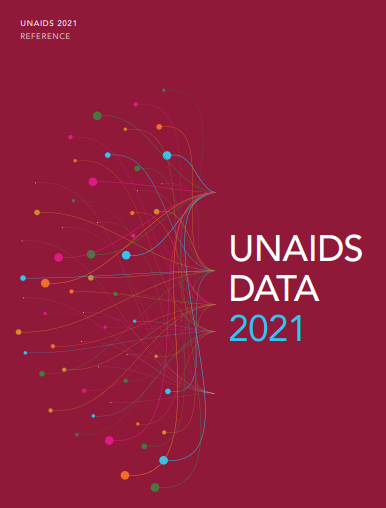 Training modules: HIV basic knowledge and stigma reduction in health care settings
Training modules: HIV basic knowledge and stigma reduction in health care settings
Background
HIV-related stigma and discrimination are defined as a process of devaluation of people either living with or associated with HIV and AIDS. Discrimination follows stigma and is the unfair treatment of an individual based on his or her real or perceived HIV status.
Stigma and discrimination are now recognized as one of the greatest challenges to tackling HIV infection and as major barriers to the delivery of quality services by health providers. The pervasive effects of HIV-related stigma and discrimination are devastating in many ways and are documented in numerous studies. They can result in a lower uptake of HIV preventive services, including testing and counselling services and mother-to-child transmission prevention programmes, a limited or delayed disclosure of HIV serostatus to partners and family members, and inadequate care and support, such as postponement or rejection of treatment, care and support, with people living with HIV (PLHIV) even travelling outside local communities to seek medical and preventive care services because of fear of breaches of confidentiality and negative attitudes of health care providers.
In order to foster the HIV response in any country, it is necessary to address the stigma and discrimination aspects by undertaking coordinated and sustainable actions designed in a national framework. One of the most important actions is to implement regular participatory training for all health care staff aimed at increasing knowledge of HIV and universal precautions and awareness about stigma and discrimination and their harmful consequences and addressing misconceptions and underlying fears among health care workers about HIV transmission.
This training package is a comprehensive course specifically developed for the use in the countries of the WHO Eastern Mediterranean Region. It was designed to be adapted at the country level and used for developing and sustaining human capacity for stigma and discrimination reduction programmes. It consists of essential information and tools for training health care providers. The target audience of the training course is health care workers, in all their diversity, in all health care settings. To successfully deliver this training course, the trainers should become familiar with its content, format and suggested training methods.
Modules
Module 1: HIV epidemiology, transmission and prevention
Module 2: natural history and clinical aspects
Module 3: HIV testing and counselling and ethics






 Consolidated guidelines on HIV testing services
Consolidated guidelines on HIV testing services Epidemiology of hepatitis C virus in the WHO Eastern Mediterranean Region: implications for strategic action
Epidemiology of hepatitis C virus in the WHO Eastern Mediterranean Region: implications for strategic action HIV test–treat–retain cascade analysis: Guide and tools 2017 Second edition
HIV test–treat–retain cascade analysis: Guide and tools 2017 Second edition
 Global progress report on HIV, viral hepatitis and sexually transmitted infections, 2021
Global progress report on HIV, viral hepatitis and sexually transmitted infections, 2021